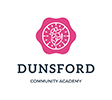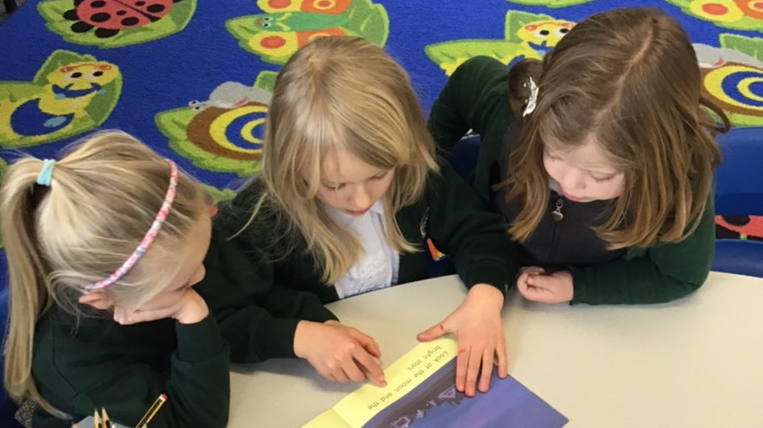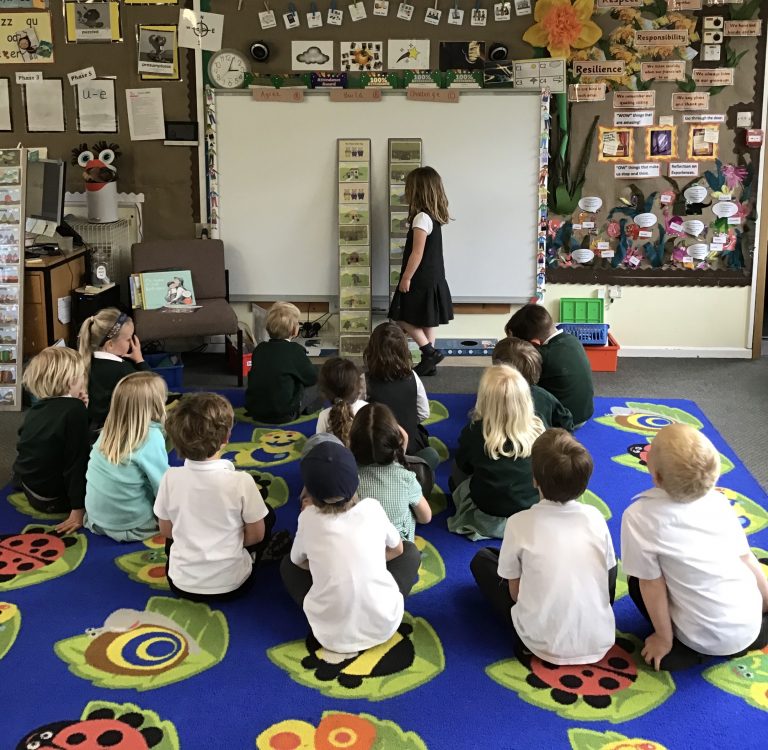


At the Learning Academy Partnership, our curriculum is implemented with our curriculum Intent at the heart of all we do,
`Learning can be defined as an alteration in long-term memory. If nothing has altered in long-term memory, nothing has been learned. In order to develop understanding, pupils connect new knowledge with existing knowledge.’ (Ofsted)
Our curriculum design is based on evidence from principles of learning, on-going assessment and organisation and cognitive research. This includes but is not limited to:
Our curriculum is knowledge-rich and substantive and disciplinary knowledge are acquired in order that the fluent application of knowledge develops learners’ ability to know more and retain more across a range of subjects. An importance is placed upon foundational knowledge, concepts, disciplinary knowledge and building links and schema so pupils can retain and retrieve so that knowledge is established, sitting on a continuum of prior knowledge and future learning, building towards the next stage of learning.
The curriculum is organised by subject domain with natural links between core content established where appropriate. This allows children to study the disciplinary knowledge of each subject and develop as historians, musicians in each subject area.
Progression of knowledge documents outline the core content to be covered for each subject. They provide clarity of the core knowledge for each year group. These documents also contain the key vocabulary to be taught and provide relevant texts that will support each area.
There are plans for each area of each subject. These plans provide the coherently sequenced lessons that will cover the core content. They provide a natural progression for pupils to continually layer their understanding and build upon prior learning. Retrieval practice is a key component of each lesson that allows pupils to revisit and revise prior content.

Assessment is carried out continuously in the classroom as children learn. Through observations, peer assessment, marking, feedback and self-assessment, children are aware of what they have done well and how they can improve further.
From ongoing feedback on pupil progress, through looking at books, talking to pupils, verbal feedback and data, teachers will ensure that they are building on prior learning and knowledge.
A range of diagnostic assessment tools will be used to identify where pupils may need extra support or intervention.